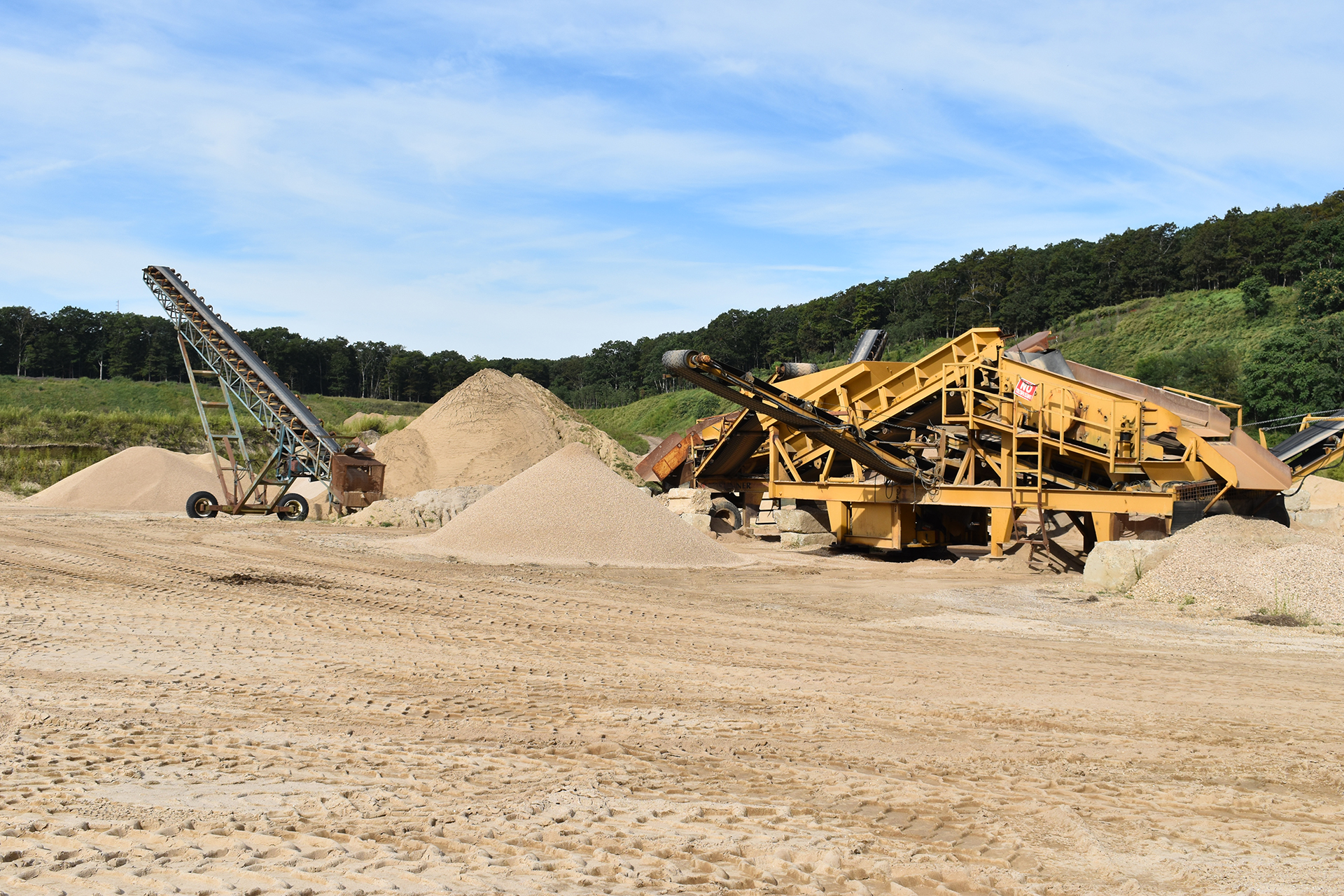DEC To Rescind Sand Land’s Permit

Opponents of Sand Land, the sand mine and composting facility in Noyac, cheered the decision last week of the New York State Department of Environmental Conservation to rescind its mining permit and order the reclamation of the site.
Sand Land has been in its opponents’ crosshairs for more than a decade after neighbors began complaining about it and the Southampton Town Zoning Board of Appeals issued a ruling that limited activities at the property. Most recently, the 50-acre facility off Millstone Road has come under fire after water tests conducted by the Suffolk County Department of Health Services turned up elevated levels of lead, manganese, and other pollutants from test wells at the site.
“It is a reversal for the DEC, which had refused to take action, despite the protestations of the public for many years,” said New York State Assemblyman Fred Thiele, who has been a vocal opponent of the operation. “It is a victory for the environment and for the public health.”
“We couldn’t be happier,” added Adrienne Esposito, the director of the Citizens Campaign for the Environment, which joined the Group for the East End and the Noyac Civic Council in calling for Sand Land to be shut down. “Finally, protecting the groundwater is prioritized over a sand mine conducting illegal activity,” she said.
“It’s been a long time coming,” added Elena Loreto, president of the Noyac Civic Council, “but the thing we are most concerned about is that the aquifer gets cleaned up. We don’t see that in there.”
But John Tintle, the owner of Wainscott Sand & Gravel, which owns and operates the site, vowed to fight to remain in business. Tintle said he would seek a hearing on the DEC’s latest decision, which was outlined in a letter sent September 10 by Daniel Whitehead, the director of the DEC’s Division of Environmental Permits, and would also move forward with a separate application to renew the sand mining permit for the site.
Tintle said he was surprised by the DEC’s decision to rescind his permit. “I’ve always been in the good graces of the DEC,” he said on September 17.
He charges that his business, which expanded into mulching to help the town dispose of debris from Hurricane Bob in 1991 and also began recycling construction debris, has been targeted by neighbors, who see it as a drag on their rising property values. The sand pit is south of the Bridge golf club and a number of house lots that were included in that development. Woodland to the south and east has also been developed over the years with large homes.
Tintle said he believed the county’s water tests contained misleading information and said he had opposed the county coming onto his property last year because he did not trust its testing protocol.
He said he informed the DEC and the landscapers who haul leaves, tree branches, and other vegetative waste to the site that he would no longer accept material effective September 1, but he insisted there was still valuable sand to be mined, contrary to the DEC’s claim that there was very little left.
“The reason I don’t give up is because there are tons of minerals to be reclaimed here and I intended to do that,” he said of the sand and gravel that gave the property its name.
Esposito, though, was skeptical. She said in seeking an expansion of his mining permit, Tintle had essentially “admitted he’s out of sand. That’s why he needs an expansion.”
Thiele said he believed the fight would go on. “There will be more hearings and there will be more litigation,” he said. “But this may be the beginning of the end.”
Tintle, however, said he planned to continue his fight and had no intention of giving up any time soon.
sjkotz@indyeastend.com



